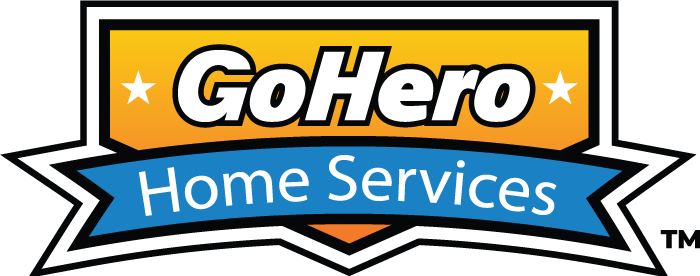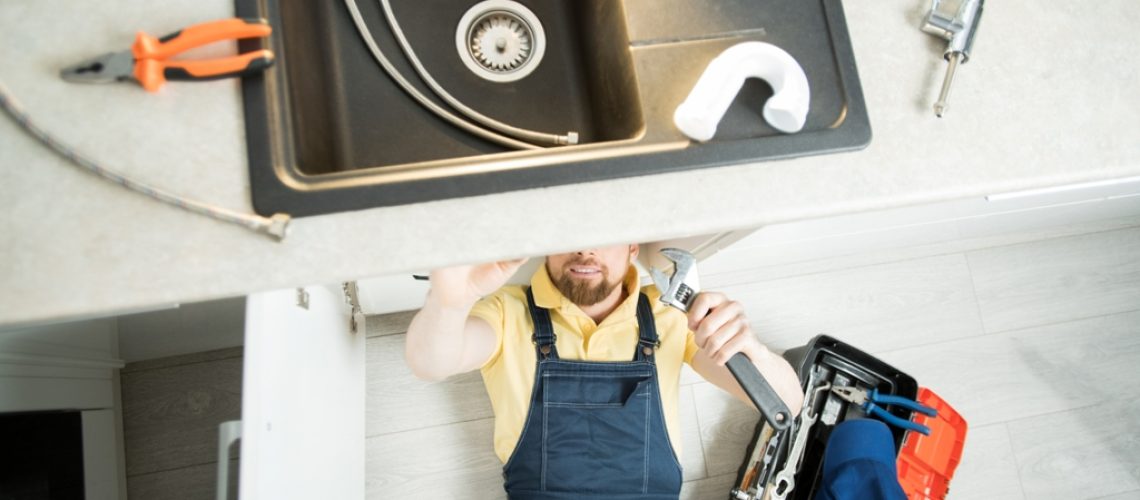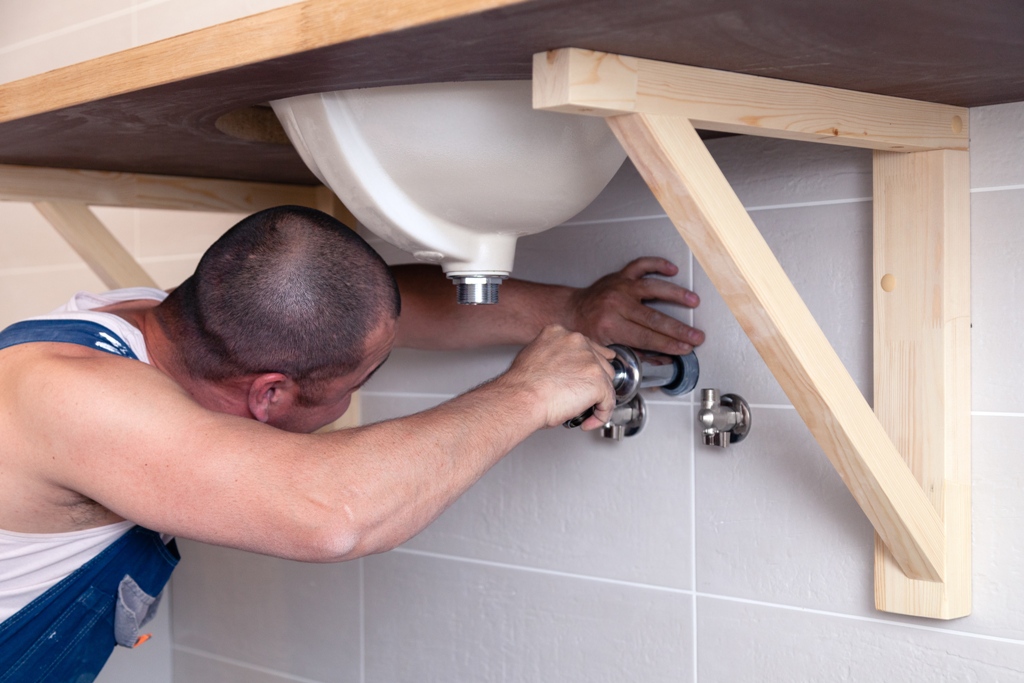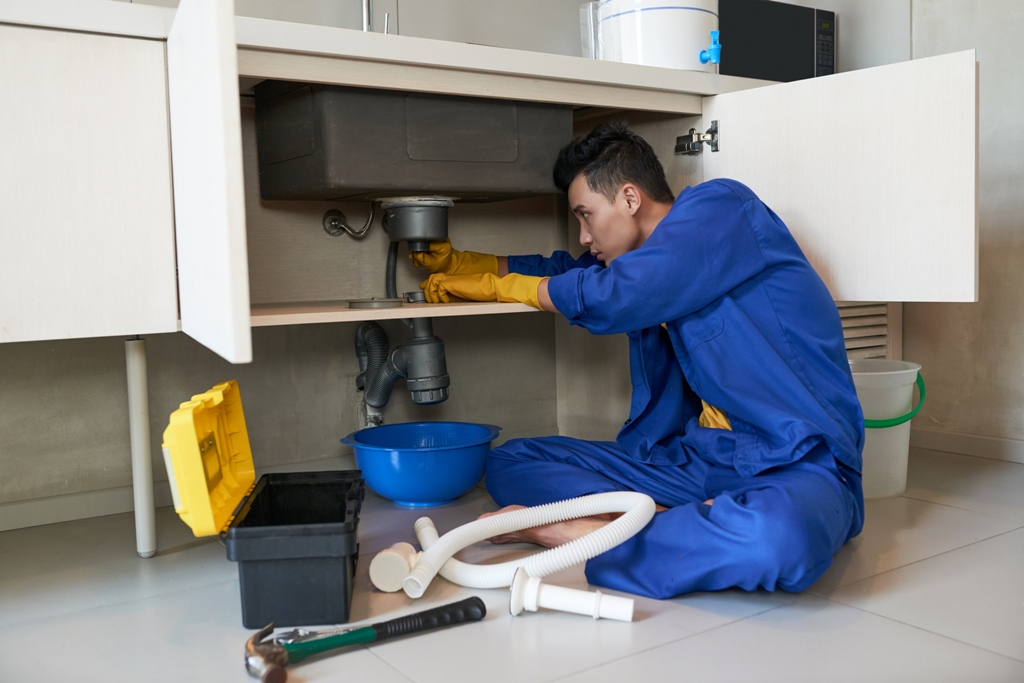Leaking pipes and clogged drains are frustrating and literally drain-ing. When faced with such plumbing issues, you either wish you could end it right then and there, or you could call your plumber pal to help you fix it without having to pay for a high price.
If you do not have someone to call in times of plumbing emergencies, check out these drain cleaning methods that our experts recommend:
Refrain From Using Chemical Drain Cleaners
Plumbing experts do not recommend using any chemical drain cleaners to clean your pipes because it can cause more damage than good. What they recommend instead is plunging or snaking the drain to easily and safely remove the clog.
Some chemical drain cleaners contain substances that react with aluminum emit harmful gases. Also, some chemical drain cleaners can harden inside the pipes, which can be difficult to remove. In some cases, when mixed with other household cleaning agents, the chemicals can cause the pipes to burst out. Instead, you can use other drain cleaning products that are eco-friendly and safe. Or, you can go organic by mixing a cup of baking soda with water. This classic combo always does the trick!
How to Unclog Bathroom Sink and Tub Drains
Most of the time, the culprit for bathroom sink and tub drain clogs are excess toothpaste or long hair. To solve this, fill the basin with hot water and unplug the sink’s drain. This should flush the drain out and clean it. However, this method doesn’t always work for everyone. You can use a plunger or a snake to take out the clog physically.
Bathroom Sink and Tub Drain Clog Prevention
Run hot water down the drain after taking a shower to make sure that your bathroom drains and unclogged. The hot water dissolves any water-solution materials present in your shampoo or toothpaste and helps prevent clogged drains.
If you have long hair, you can use a drain saver for your bathtub to catch any fallen hair and keep it from going down your pipes. It will then be easy for you to take out the hair and throw it away. Never flush hair down the bathroom sink or the drain.
Toilets
According to our experts, there are only three things that should go down the drain – first, you know what it is, second, you still know what it is, and third, toilet paper. Never flush down anything that is too large and doesn’t biodegrade and can potentially cause clogging.
Toilet clog prevention
To prevent toilet clogging, make sure not to flush down anything that is not supposed to be flushed down.
Things you should never flush down:
- Nail clippings
- Feminine Hygiene Products
- Dental Floss
- Hair
- Cotton swabs
How To Unclog Kitchen Drains
Hot water always saves the day, and you can very much use this tip when you have a clogged kitchen drain. Run extremely hot water and dish soap to dissolve the clog. If this method doesn’t work, try using a kitchen plunger and rerun hot water with grease-dissolving dish soap again.
Or, you can still go organic by mixing baking soda and vinegar in equal parts. Pour the mixture down the pipe to naturally get rid of stubborn clogs without damaging the pipes.
Kitchen Drain Clog Prevention
Keep grease away from your pipes to avoid clogged kitchen drains. Grease can accumulate in the pipes and solidify into a huge chunk of waste that causes clogs.
To dispose of grease, put it in a disposable jar and throw it away when it hardens. Also, use a sink filter to collect food wastes and keep them out of your drains to prevent clogging. Make use of your garbage disposal if you have, and make sure to run it with water after use. This method helps push food scraps down the drain line. Food wastes such as eggshells, stringy vegetables, and foods that expand with water should be kept away from your drains.
If you end up having a clog and nothing seems to work for you, you can always call a professional plumber for help. They can make sure that the problem is solved immediately and effectively. Plus, you can always ask them for recommendations that you may need in the future.



